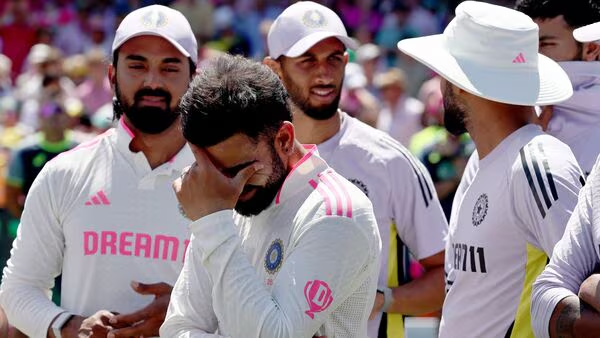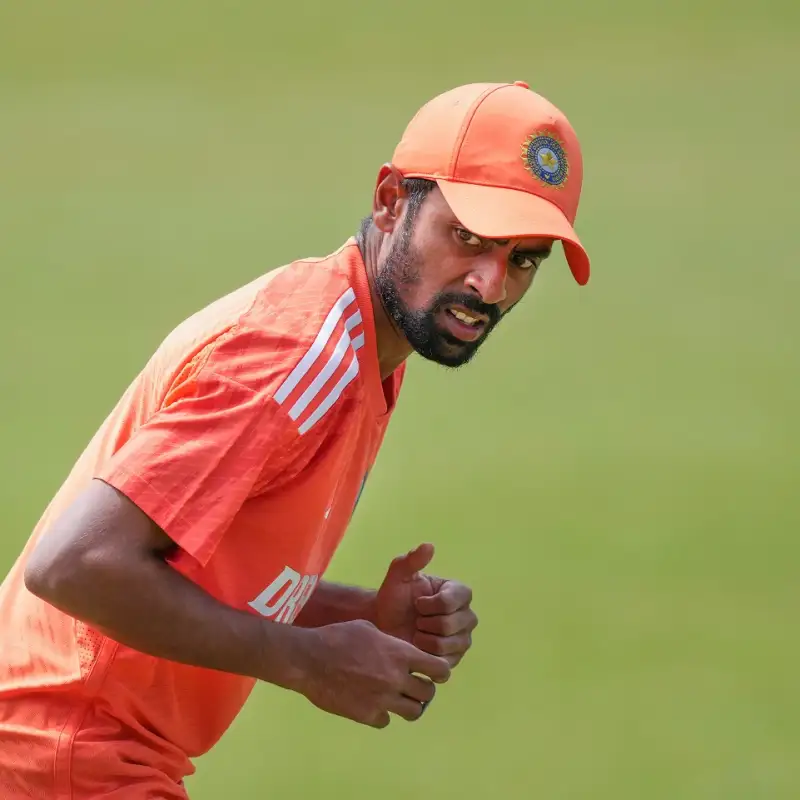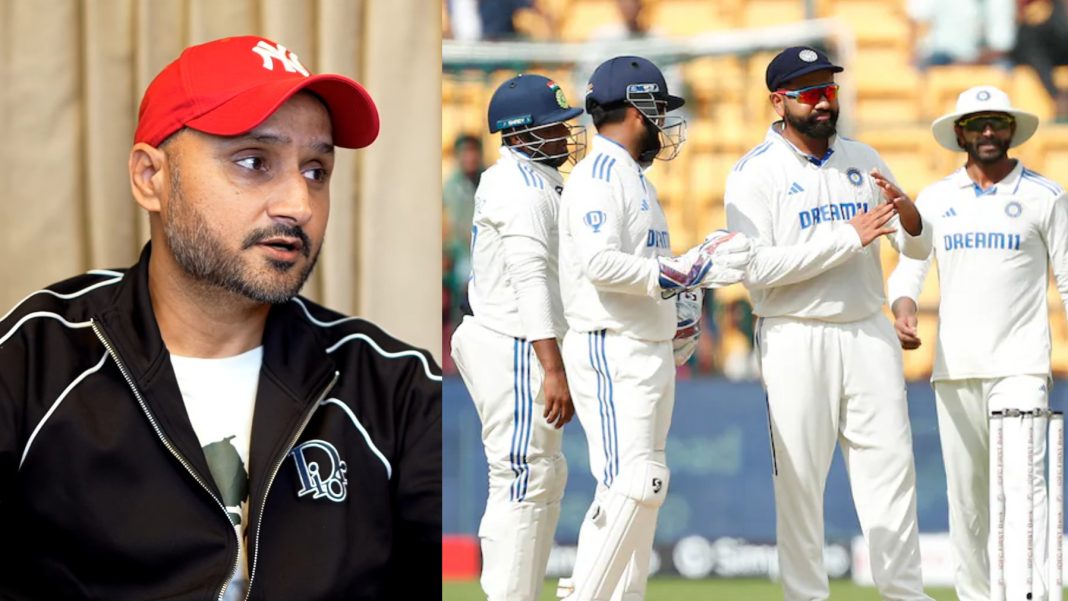January 6, 2025: Former cricketer Harbhajan Singh has raised serious concerns about the Indian team’s recent struggles, pointing out that it might be time to move beyond the “star culture” that has come to dominate Indian cricket. In a candid video posted to his YouTube channel, Harbhajan questioned the team’s sudden downfall since the euphoria of winning the T20 World Cup under Rohit Sharma in Barbados last year, a moment that many believed would mark a new dawn for Indian cricket.
Harbhajan noted that since India’s T20 World Cup triumph, there has been a marked decline in their performance across formats, particularly in ODIs and Tests. Despite holding their ground in T20Is, India has struggled in the longer formats, suffering a historic 2-0 series loss to Sri Lanka in ODIs, followed by a 3-1 series defeat to Australia in the Border-Gavaskar Trophy (BGT). Additionally, India also faced a whitewash at home in the Test series against New Zealand—a blow to their pride.

Harbhajan questioned why the Indian team seemed to lose its way after the highs of the World Cup. He highlighted that Rahul Dravid’s coaching tenure initially brought stability, but things have seemed to unravel with the changing of the guard, as Gautam Gambhir and his team took over the reins after Dravid’s contract expired. Harbhajan also pointed out that the team’s performance in the past eight Tests—one win, one draw, and six losses—reflects deeper issues.
“In the past six months, we lost to Sri Lanka, had a series whitewash against New Zealand, and now a 3-1 defeat in Australia. Everything was fine till Rahul Dravid was there. India won the World Cup, and everything was fine. But what happened suddenly?” Harbhajan asked, expressing his surprise at the stark contrast in results.
The Australia defeat left India with no opportunity to qualify for the World Test Championship (WTC) final, further compounding their troubles. Harbhajan pointed out that the England tour, just seven months away, will be particularly challenging, given the current form of India’s senior players, especially Virat Kohli and Rohit Sharma—two pillars of the team who seem to be in the twilight of their careers.
The former spinner raised concerns about the “superstar attitude” prevailing in the Indian team, where players’ reputations are often given more weight than their current form. He urged the BCCI and the selectors to look beyond past glory and base selection purely on performance.
“Every player has a reputation. If this is the thing, then add Kapil Dev, Anil Kumble, or those who have been India’s biggest match-winners. BCCI and selectors should take hold. India should leave behind the superstar attitude,” Harbhajan said, making a strong case for selecting players based on merit, not their historical stature.
Kohli’s performance in the series was particularly underwhelming, as he managed only 190 runs at an average of 23.75 in eight innings, with Scott Boland dismissing him four times. Similarly, Rohit could only manage 31 runs across three Tests. Harbhajan emphasized that with the senior players struggling, it was time to give more opportunities to younger or fringe players who had been left on the sidelines, such as Abhimanyu Easwaran and Sarfaraz Ahmed.
“Abhimanyu Easwaran was taken on tour, but he didn’t play. He can become a player for India if he is given the opportunity. Sarfaraz is the same case. Now, the England tour lies ahead. The player who performs should go there. You should not pick players on reputation,” Harbhajan added, signaling that India’s future should be built on players who are in form, not just on past accomplishments.

In essence, Harbhajan’s comments reflect a growing frustration with the “star culture” in Indian cricket, urging the selectors to focus on current performance and make selections that are in the best interest of the team. The upcoming England tour will be a crucial test for India, and Harbhajan believes that if they are to succeed, it’s time to prioritize players who can make an immediate impact, rather than relying on aging stars who may no longer be able to deliver at the highest level.

